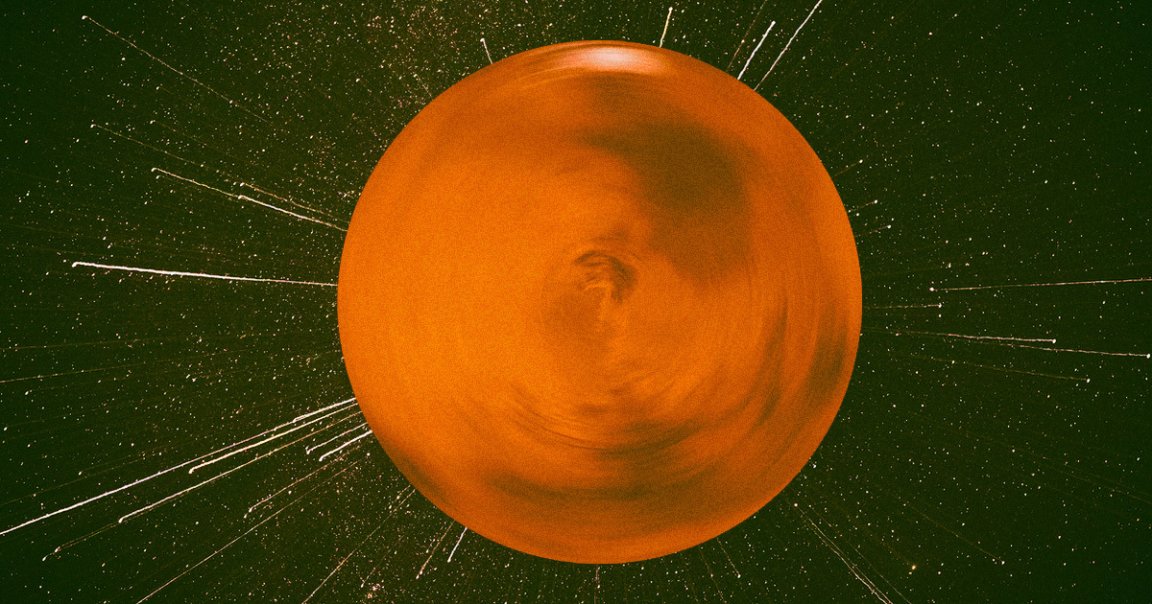
Martian Mystery
As our closest planetary neighbor in the Solar System, Mars remains an object of fascination and mystery — from the tantalizing traces of liquid water on its surface, to questions about the existence of alien microbes lying in wait in the red dust of the planet’s surface.
Well, add another mystery to the Red Planet’s repertoire: It’s spinning faster, every year, and this has scientists stumped.
A team of researchers gleaned data from NASA’s InSight Mars lander and determined that the planet is spinning 4 milliarcseconds faster every year, Science Alert reports, which basically converts into a tiny fraction of a millisecond being shaved off from a typical Mars day every year.
While it doesn’t sound like much, it could represent an important clue to the planet’s evolution (and where it may be headed in the future), as explained by the researchers who published findings on Mar’s accelerating rotation in the science journal Nature.
Spin Cycle
NASA’s InSight Mars lander, which first touched down on the red planet in 2018, has a special instrument called RISE (Rotation and Interior Structure Experiment), which is made up of a radio transponder and antennas, according to a press release from NASA’s Jet Propulsion Laboratory (JPL), which managed the lander.
Scientists were able to discover the planet’s rotational spin and acceleration from relaying radio signals between RISE and NASA’s Deep Space Network, big radio antenna complexes on Earth, according to JPL. Researchers would send a radio signal from the Deep Space Network to the lander, which would reflect it back. In this way, they were able to gather data that showed shifts in radio frequency—leading to calculations that shows the planet is speeding up.
“It’s really cool to be able to get this latest measurement – and so precisely,” said Bruce Banerdt, InSight’s principal investigator at JPL in a statement. “I’ve been involved in efforts to get a geophysical station like InSight onto Mars for a long time, and results like this make all those decades of work worth it.”
Martian Puzzles
As for the subtle accelerating spin, scientists say further investigation is warranted, but they have a few theories as to why it’s happening. It may be that ice collecting in the polar regions is causing this spin up, or it could be a case of “post-glacial rebound,” when masses of ice recede and landmass rises as a result.
Though the lander powered down in late 2022, scientists anticipate more data coming from the RISE instruments besides the surprising acceleration of Mar’s spin, hence pushing back the curtains over our mysterious neighbor.
More on Mars: NASA Signs Deal for Nuclear-Powered Rocket That Will Eventually Power Mars Missions